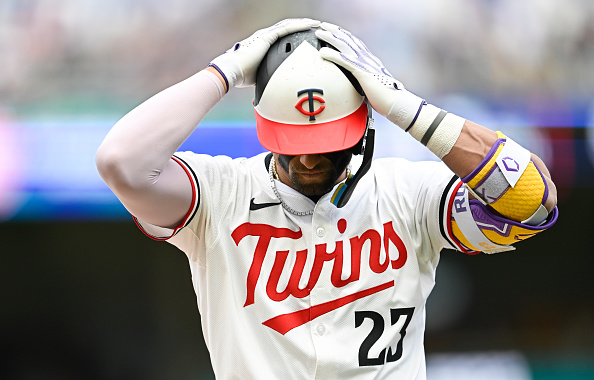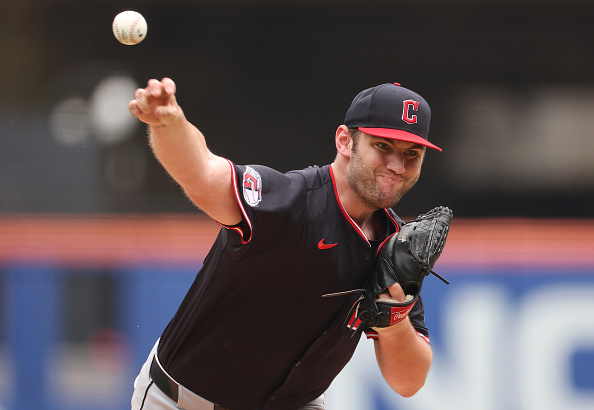Boston Red Sox center fielder Jackie Bradley Jr. decided he will not accompany his teammates to the White House this spring.
Bradley joins Mookie Betts and Rafael Devers, who have also expressed that they will not be in attendance. Eduardo Rodriguez said he is unlikely to attend. A few other players and manager Alex Cora remain undecided.
Over in the NFL, some members of the 2019 Super Bowl Champion New England Patriots have already said that they, too, will not be attending the White House, just days following their big win.
Since President Trump has taken office, the practice of teams celebrating a championship win at the White House has transformed from a long-standing tradition into an opportunity for players to make a stance socially and politically. Players and coaches are opting to skip the trip for various reasons — most of which stem from today’s political climate.
Players skipping the White House visit isn’t something that began during the Trump Era. Larry Bird neglected to meet President Ronald Reagan following the 1984 NBA Finals. Michael Jordan spent the day golfing rather than visiting President George H. W. Bush in 1991. Former Boston Bruin Tim Thomas declined to meet President Barack Obama in 2012, stating: “I believe the Federal government has grown out of control, threatening the rights, liberties, and property of the people… This was not about politics or party, as in my opinion, both parties are responsible for the situation we are in as a country.”
What is unique about the Trump Era, however, is that the expectations have altered. The 2017 NBA Champion Golden State Warriors unanimously declined the invitation, following a tweet from President Trump disinviting Stephen Curry. The team statement said they’d “celebrate equality, diversity and inclusion” in lieu of a White House visit. Again in 2018, the Warriors opted out of a visit in favor of visiting an African American History museum with local children. What the Warriors have done is set a precedent that players can and should stand in solidarity with one another.
Unlike the Warriors, the 2018 Red Sox have not made a unanimous decision to accept or decline the invitation. This, I would argue, can become problematic. Political agendas aside, I believe teams should approach these situations as teams — not as individuals. As seen in the NFL, with players kneeling in solidarity with Colin Kaepernick, standing (or kneeling, for that matter) with your teammates is more important than standing for each individual’s political agenda.
I acknowledge that this is easier said than done, however, the Warriors proved that it isn’t impossible. And sure, some guys say they’ll go because they don’t want to make a political statement. But the reality is that no statement is a statement these days. Politics have never been, and will never be separate from sport. It is unfortunate that a tradition that is supposed to be celebratory has become divisive.
The Red Sox’s White House visit was postponed to May due to the government shut down. In the meantime, I anticipate more players than not will decline the invitation. To be quite frank, I think the fact that it falls during the season is reason enough to call the whole thing off altogether; the focus at that point should be on winning yet another World Series, not eating cheeseburgers with the President.







